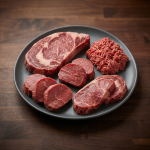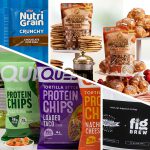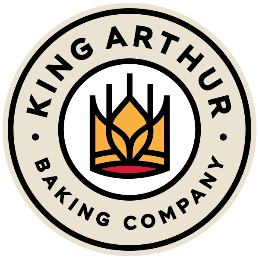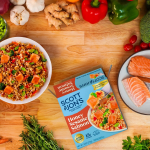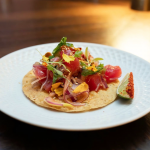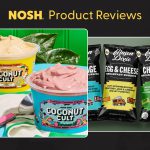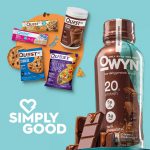The Checkout: Misfits Market Raises $200M; Industry Celebrates Earth Day
Welcome to The Checkout: an express lane for weekly news you need to know, always 10 items or less.
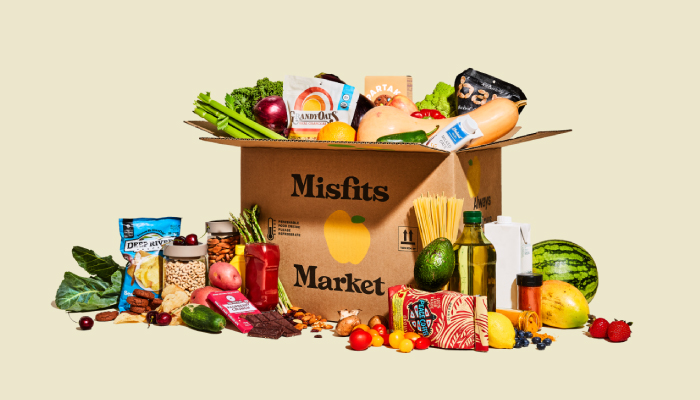
Misfits Market Raises $200 Million
Online grocer Misfits Market announced this week the close of a $200 million funding round as the company looks to expand into more categories and grow its reach on the West Coast. The latest funding, which follows a $85 million round of capital last July, brings its total capital raised to $301.5 million.
The funding round was led by Accel and D1 Capital, with participation from current investors Valor Equity Partners, Greenoaks Capital, Sound Ventures and Third Kind Ventures. Accel partner Ryan Sweeney joined Misfits’ board of directors as part of the deal.
“Direct-to-consumer models aren’t anything new in the food industry, but the approach Misfits Market has taken is,” Sweeney said. “Instead of focusing only on their end customer, they’ve managed to create a dynamic solution that also supports food suppliers at every level.”
Since its launch in 2018, the company has grown its offerings from imperfect and surplus produce to packaged food deemed unfit for grocery stores. The company will use the new capital to expand into more new categories, including meats, poultry and seafood.
It will also continue to increase its delivery capacity. After opening a 250,000 square foot facility in Delanco, New Jersey last year, Misfits was able to double its capacity and add 10 new states to its distribution network. The company has also established a West Coast headquarters in Utah, and is currently building out a facility there to further support its expansion into the Pacific Northwest, which began with launches in Oregon and Washington this week.
Misfits also plans to double its 1,000 employee team by next year with hires across product, engineering, marketing and operations, and will also be investing in technologies to optimize its logistics, CEO Abhi Ramesh said in a blog post on the company’s website. According to the company, it tripled its farmer and supplier relationships last year in response to food supply chain disruptions which emerged as a result of the COVID-19 pandemic.
Last year its active customers and order volume grew five-fold, in part due to the pandemic, with Misfits shipping 77 million pounds of food to 400,000 customers last year.
Misfits isn’t just targeting shoppers that simply don’t want to go into stores, but also hopes to improve access to healthy food options. In 2020 it offered food-insecure families in New Jersey with weekly fresh food delivery, and this year Misfits will continue to sponsor community fridges in the Northeast to supply produce to food insecure communities. The ultimate goal for the company, Ramesh said, is to eliminate food deserts in the U.S. by 2025.
“I remain just as committed to providing affordable access to quality foods today as I was when I hand-delivered our first boxes back in 2018,” Ramesh said. “As we evolve, it’s the same mission: give everyone access to quality food, delivered in an affordable and sustainable way. It’s just a little bigger than it was before.”
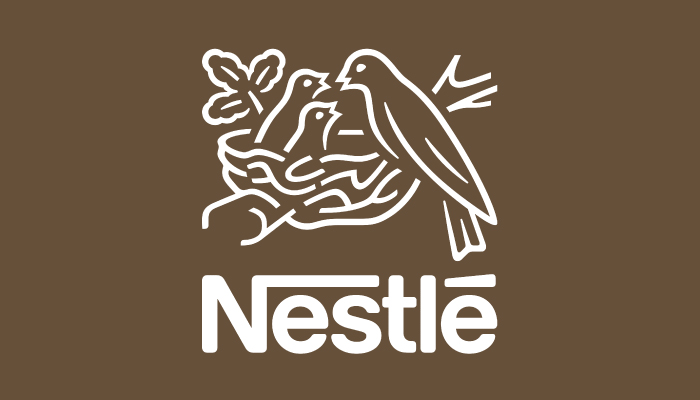
Nestlé Reports Strong First Quarter
On its three-month earnings call yesterday, Nestlé reported a strong first quarter, with organic sales growth of 7.7%, which the company attributed to market share gains and early signs of improvement of away-from-home channels. Retail sales posted 9.2% growth, while ecommerce saw 39.6% sales increase.
The majority of its product categories saw sales boosts, led by coffee and dairy products. The company’s vegetarian and plant-based food offerings posted double digit growth. Its frozen and chilled food business, led by Stouffer’s, Lean Cuisine and Life Cuisine, which recently launched a partnership with chickpea pasta maker Banza, were also a significant growth contributor.
Impulse purchases also saw signs of recovery this quarter, the company noted, with a 10.3% increase in the confectionary category and notable growth in home-baking products. Nestlé Health Science saw 9.5% organic growth, led by Garden of Life and Vital Proteins and supported by ecommerce momentum.
Nestlé CEO Mark Schneider also said the company is also working to ensure “broad and equitable” delivery of COVID-19 vaccines in regions including sub-Saharan Africa, Asia, the Middle East and the Americas through a partnership with the International Federation of the Red Cross and Red Crescent Societies announced yesterday. The company has donated over $6 million to support the effort.
“In these challenging times, we can truly demonstrate how business can act as a force for good and help accelerate the recovery,” he said.
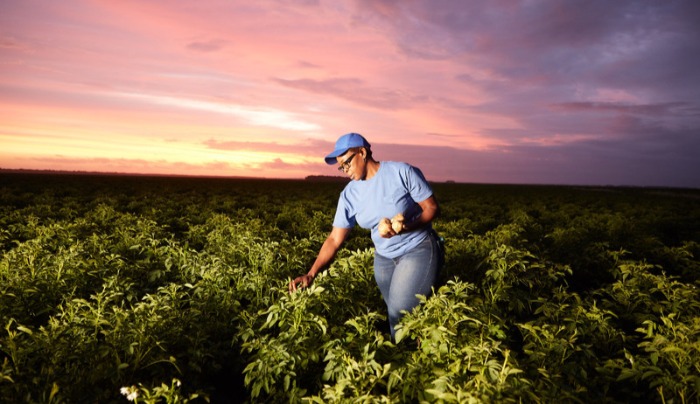
Industry Celebrates Earth Day
Several food and beverage companies celebrated Earth Day this week with new sustainability initiatives, campaigns and partnerships focused on issues such as regenerative agriculture and the importance of plant-based eating.
PepsiCo announced a new Positive Agriculture ambition, pledging to grow its regenerative farming practices across 7 million acres of land, which is roughly equivalent to its agricultural footprint. This practice will eliminate at least 3 million tons of greenhouse gas emissions by 2030, the company estimated. The company also aims to sustainability source 100% of its key ingredients including both direct-sourced crops like potatoes, corn, oats and oranges and third party-source crops like vegetable oils and grains. PepsiCo also said its advocates for the industry-wide adoption of regenerative agriculture standards and measurement.
“As one of the world’s leading food and beverage companies, a resilient food system is essential to our business, and with our scale we have an opportunity and responsibility to drive meaningful change,” PepsiCo chairman and CEO Ramon Laguarta said.
Elsewhere, the Kroger Co. expanded its Simple Truth Recycling Program to now include its entire portfolio of private label brands through a partnership with TerraCycle. The program allows customers to mail in flexible plastic packaging like potato chip and frozen food bags — which help preserve food quality but are not accepted by most recycling centers — to be recycled for free. TerraCycle cleans and melts the collected materials into hard plastic that is remodeled to make new products. Kroger’s private label brands, which include Private Selection and Simple Truth, brought in $26.2 billion in sales last year, according to the company.
Other Earth Day initiatives announced this week include:
- Hummus maker Sabra announced a number of sustainability goals, including reaching 100% renewable electricity and zero-waste to landfill at its Virginia facility and recyclable, reusable or compostable packaging by 2030.
- Nut butter brand Justin’s partnered with Athletic Brewing Company on a limited edition Nature Nut peanut butter Porter beer, with sales benefitting the Rocky Mountain Conservancy.
- Michigan-based snack and treats company Second Nature Brands pledged to plant one million trees in the next five years, which includes local planting and tree restoration throughout the Detroit area. The company will also donate a portion of revenue across its portfolio to tree planting efforts in Cote d’Ivoire, the company’s cocoa source.
- Beyond Meat and dating app Tinder partnered to launch “plant-based” as a new shared passion to add to dating profiles. Beyond Meat is offering a plant-based picnic for two the first 500 Tinder members to match with the plant-based passion card.

